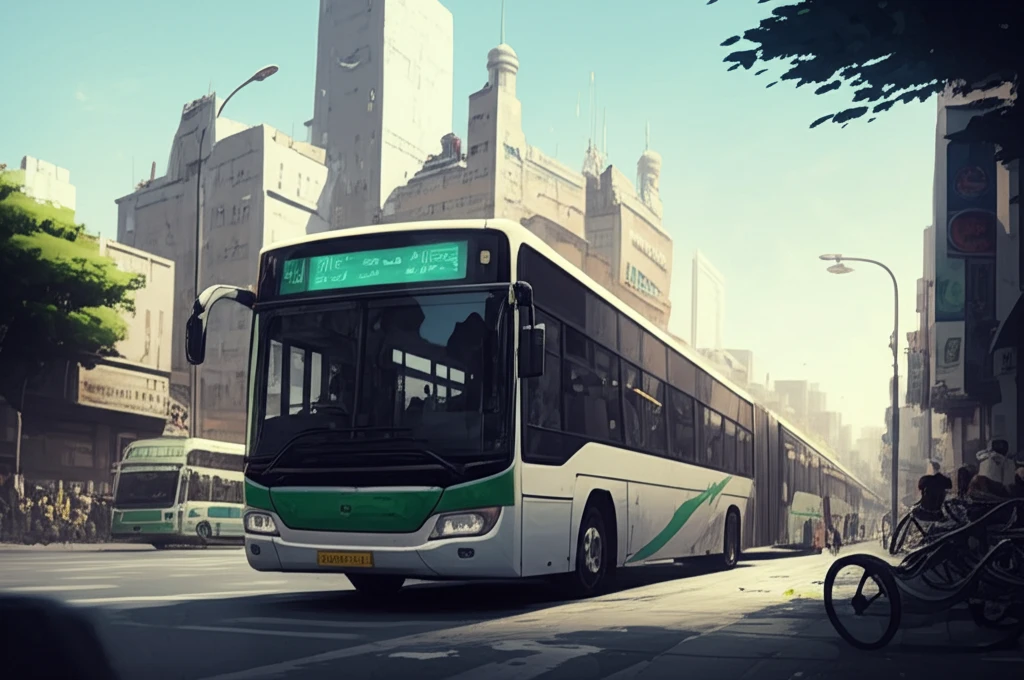
Electric Buses in Pakistan: Are They the Future of Urban Transportation?
"A case study reveals how transitioning to electric buses can cut costs and improve air quality in urban Pakistan, but challenges remain."
The global transportation sector is a major contributor to air pollution, prompting a shift towards electric buses and greener transport solutions. While developed nations have embraced Battery Electric Buses (BEBs), developing countries like Pakistan are just beginning to explore their potential. The promise of lower fuel costs, higher efficiency, reduced maintenance, and enhanced energy security makes BEBs an attractive option.
However, mass BEB deployment faces significant obstacles, including high initial costs, charging infrastructure needs, range limitations, and technological unfamiliarity. Stakeholders in Pakistan, from policymakers to private company owners, must carefully consider these factors before introducing BEBs. Strategic network and fleet planning is crucial for profitable operation, ensuring the right number of buses are deployed at the right time.
This article investigates the feasibility of replacing conventional city buses with electric bus technology in Pakistan. By examining a detailed case study, we'll explore the potential benefits, challenges, and policy recommendations for electrifying urban transportation and contributing to a cleaner, more sustainable future.
The Promise of Electric Buses: Cleaner Air and Cost Savings?

A recent case study conducted in Pakistan simulates and financially analyzes the operation of a Public Transport Infrastructure using a green solution: electric buses. The results are promising, indicating that despite the high upfront investment in BEB infrastructure, the system can become profitable within 6-7 years. This profitability leads to a decreased Total Cost of Ownership (TCO) of approximately 30% compared to conventional diesel buses.
- Government Support: Transition to electric buses is possible with backing from government entities.
- Infrastructure Challenges: Establishing infrastructure and national-level policies for electric vehicles is a major hurdle.
- Public Interest: Authorities must actively incentivize electric vehicle adoption to capture public interest, especially when compared to diesel vehicles.
- Charging Infrastructure: Prioritizing regulations for advanced charging infrastructure is essential.
Moving Towards a Greener Future
The transition to electric buses in Pakistan holds immense potential for reducing emissions, improving air quality, and achieving long-term cost savings. While challenges remain, a clear policy pathway, strategic infrastructure development, and public awareness campaigns can pave the way for a sustainable urban transportation system. As Pakistan continues its journey towards a greener future, electric buses can play a pivotal role in creating healthier, more livable cities for all.
